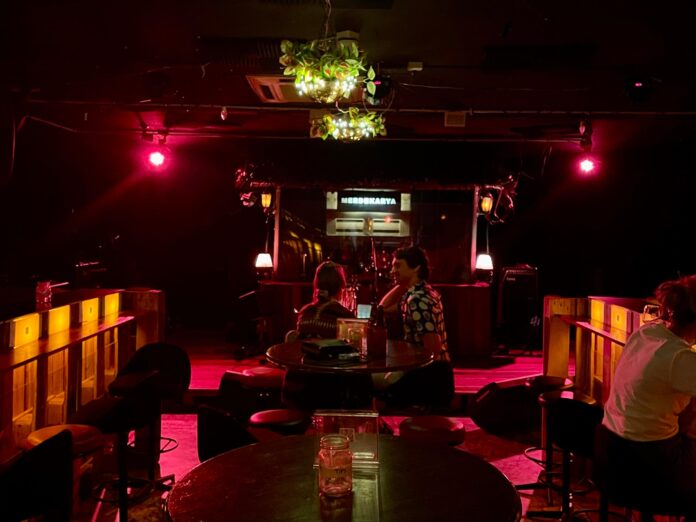
THE local music and arts industry has always been a breeding ground for talent, creativity, and cultural exchange. Yet, instead of nurturing this vibrant ecosystem, the Selangor government seems determined to stifle it with a convoluted web of heavy taxes and multiple licences.
For small businesses and independent venues already struggling to stay afloat, these costs are a death knell.
Take Merdekarya, a live music bar in Petaling Jaya, as an example. Founded in 2013, it has become a sanctuary for independent Malaysian musicians and artists. It’s not just a bar; it’s a platform for unfiltered artistic expression, offering musicians a rare chance to perform without censorship or corporate interference.
The venue has survived countless challenges, including the crippling effects of the global Covid-19 pandemic. But now, a fresh wave of taxes threatens to close its doors for good.
For two years, the live music tax had been exempt – a small but meaningful relief for struggling venues. But this exemption has been quietly revoked. Recently, Merdekarya revealed on its social media that it paid RM1,860 for live music tax, up RM60 from previous years, along with an additional RM2,000-plus for a “pipe music tax” and a venue tax, bringing the total to a staggering RM3,760.
Additionally, Merdekarya pays close to RM5,000 for licenses.
The irony is infuriating. While these taxes burden small, local venues, the Selangor government has slashed entertainment taxes for international performers from 25% to 10%, supposedly to attract foreign acts.
Meanwhile, local artists are caught in bureaucratic red tape.
Apparently, the tax exemption only applies to ‘local artistes’, not ‘live music’, which suggests that acts who rely on pre-recorded backing tracks, or minus ones, can slip through the cracks, but authentic live performances cannot.
For years, arts venues like Merdekarya have fought for a fairer system – one that recognises their role in the cultural ecosystem.

Co-founder of Merdekarya, Brian Gomez, believes the introduction of a separate arts premises licence with reasonable fees – akin to a cafe licence costing RM600 to RM800 annually – could make all the difference.
But instead, venues like Merdekarya are weighed down by exorbitant costs and endless red tape, while corporate-backed concerts enjoy tax breaks.
The message seems clear: independent arts venues don’t matter.
What’s worse, it is not just Merdekarya feeling the pinch. Across Malaysia, many other small and independent venues are subjected to similar pressures where they face raids, confiscation of equipment, and bureaucratic harassment.
These spaces, often struggling to break even, provide a lifeline for local musicians who themselves only rely on tips, door sale tickets, and make next to nothing.
So here’s the question: why tax the poor and vulnerable? How do you claim to promote the local arts scene while simultaneously suffocating it?
If the local government truly cares about fostering a thriving arts ecosystem, it must stop punishing the very venues and artists that keep the scene alive.
Instead, create policies that encourage creativity, not stifle it. Reduce taxes, simplify licensing, and above all, stop treating independent arts as an afterthought.
Without action, the government risks not only silencing small venues like Merdekarya but also losing the soul of Malaysian arts altogether. – January 11, 2025
Fabian Peter is a scoop reporter and dabbles in the local music scene



